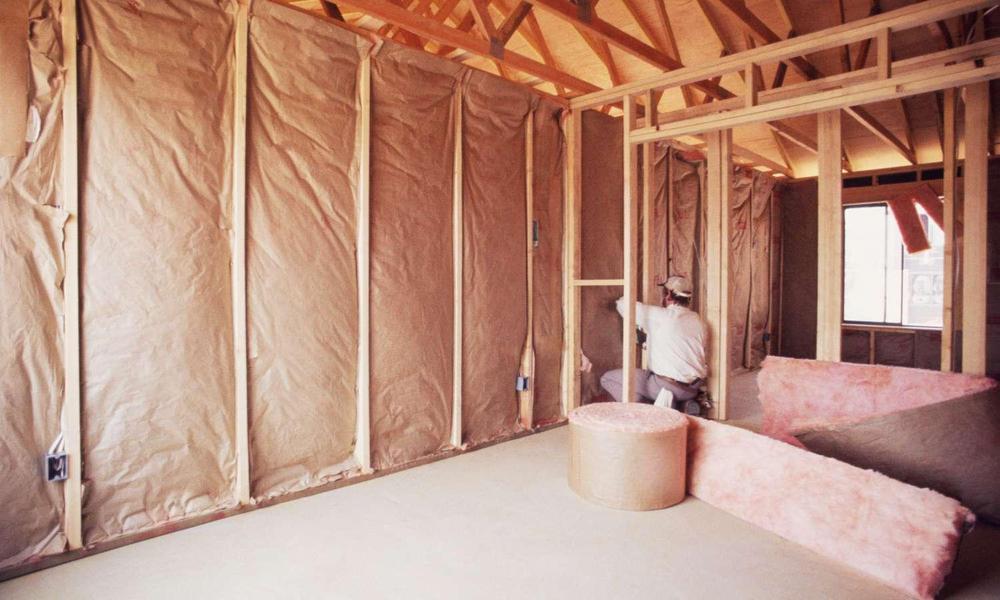
Residential or home insulation reduces the transfer of heat, cold, and sound between the interior and exterior of a building. The primary purpose of insulation is to create a barrier that helps maintain a comfortable and consistent indoor temperature while minimizing energy consumption.
How does insulation work?
Insulation works by slowing down the movement of heat through conduction, convection, and radiation. Various types of insulation materials are available, each has its unique properties and applications. Some common types of insulation include:
- Fiberglass insulation. Made from fine glass fibers, fiberglass insulation is one of the most widely used insulation materials. It comes in the form of rolls, batts, or loose fill and is effective at reducing heat transfer.
- Cellulose insulation. An insulation used as loose-fill insulation in attics and wall cavities.
- Foam insulation. There are two main types of foam insulation: rigid foam and spray foam. Rigid foam panels are commonly used for insulating walls, roofs, and basements, while spray foam is applied as a liquid that expands and hardens, filling gaps and voids.
- Mineral wool insulation. Made from minerals like rock or slag, mineral wool insulation is known for its fire resistance and sound-absorbing properties. It can be used in various applications, including walls, attics, and ceilings.
- Reflective insulation. Reflective materials, often aluminum foils, are used to reflect radiant heat away from a living space. This type of insulation is commonly used in hot climates to keep buildings cooler.
- Natural Fiber insulation. Materials like cotton, wool, and hemp can also be used for insulation, offering environmentally friendly alternatives to traditional insulation options.
Benefits of insulating a home
Properly insulating a home can lead to several benefits, including:
- Energy savings. Insulation helps reduce the need for heating and cooling, leading to lower energy bills.
- Improved comfort. Insulation helps maintain a more consistent indoor temperature and reduces drafts, enhancing comfort.
- Insulation can help reduce sound transmission between rooms and from outside.
- Environmental impact. Increased energy efficiency reduces greenhouse gas emissions and a home’s carbon footprint.
- Long-Term savings. While there is an upfront cost to install insulation, long-term savings on energy bills outweigh the first investment.
The choice of insulation material and the areas of a home that need insulation depend on factors such as climate, local building codes, and the specific needs of the homeowners. Proper installation by professionals is important.
Residential insulation service
A residential insulation service is a specialist service that specializes in assessing, recommending, and installing insulation materials in residential buildings. The primary goal is to improve energy efficiency and comfort of a home by properly insulating it.
Here is what a residential insulation service might entail:
- Assessment
- Recommendations
- Installation
- Sealing and ventilation
- Benefits
- Cleanup and completion
Proper insulation has a significant impact on your home’s energy efficiency and long-term comfort, so it’s worth investing in a quality insulation service.
